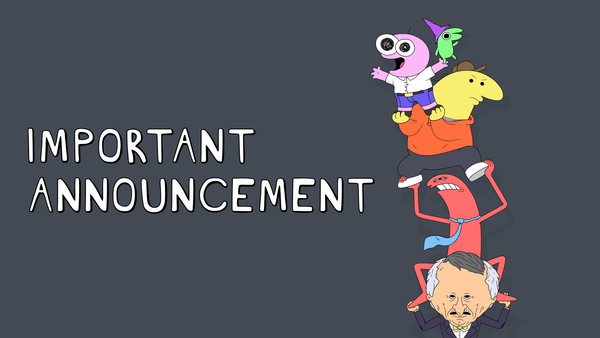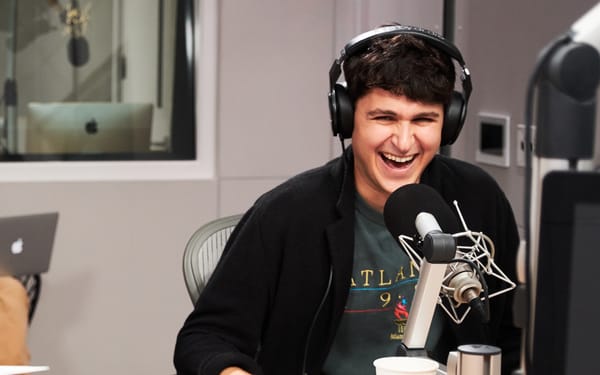Binge's 'Back Side of Television' is a hint of 'Last Week Tonight' through the lens of Australian TV
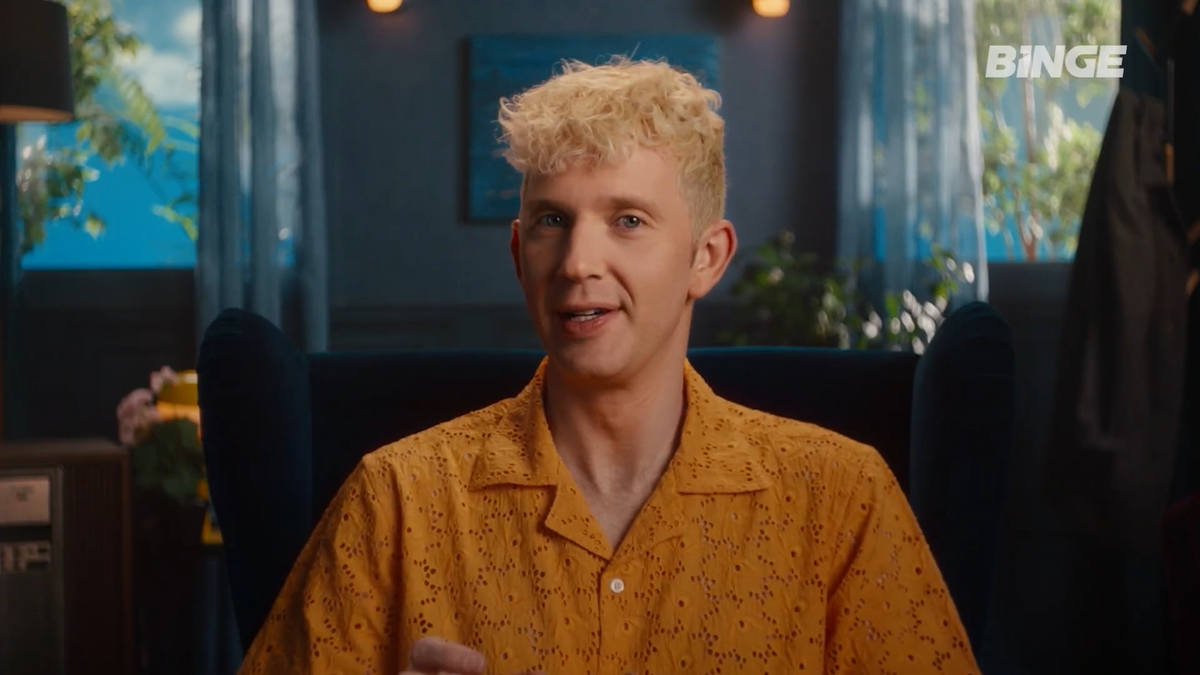
'The Back Side Of Television' from Mitch McTaggart, currently airing its third season on Binge, feels like it's getting away with something.
With most Australian TV forming into a beige, harmless soup, where most shows are afraid to say anything of substance, this show feels different.
In 'Back Side,' McTaggart isn't afraid to pull punches or lose any friends in the industry. It's a show that feels refreshingly progressive, honest, and blunt about the local TV industry, its quirks and failings. One that commercial networks wouldn't dare air.
And Season 3 houses another stellar set of insights. Yesterday Binge released two back-to-back episodes that center around the portrayal of police on Australian television, covering the past and the present. It's shocking that of all places News Corporation commissioned this kind of show (even if Binge is now owned by DAZN, and the first season aired on SBS). But I guess the modern ABC would be too scared to have this level of opinion on its platform, particularly from a host under the age of 50.
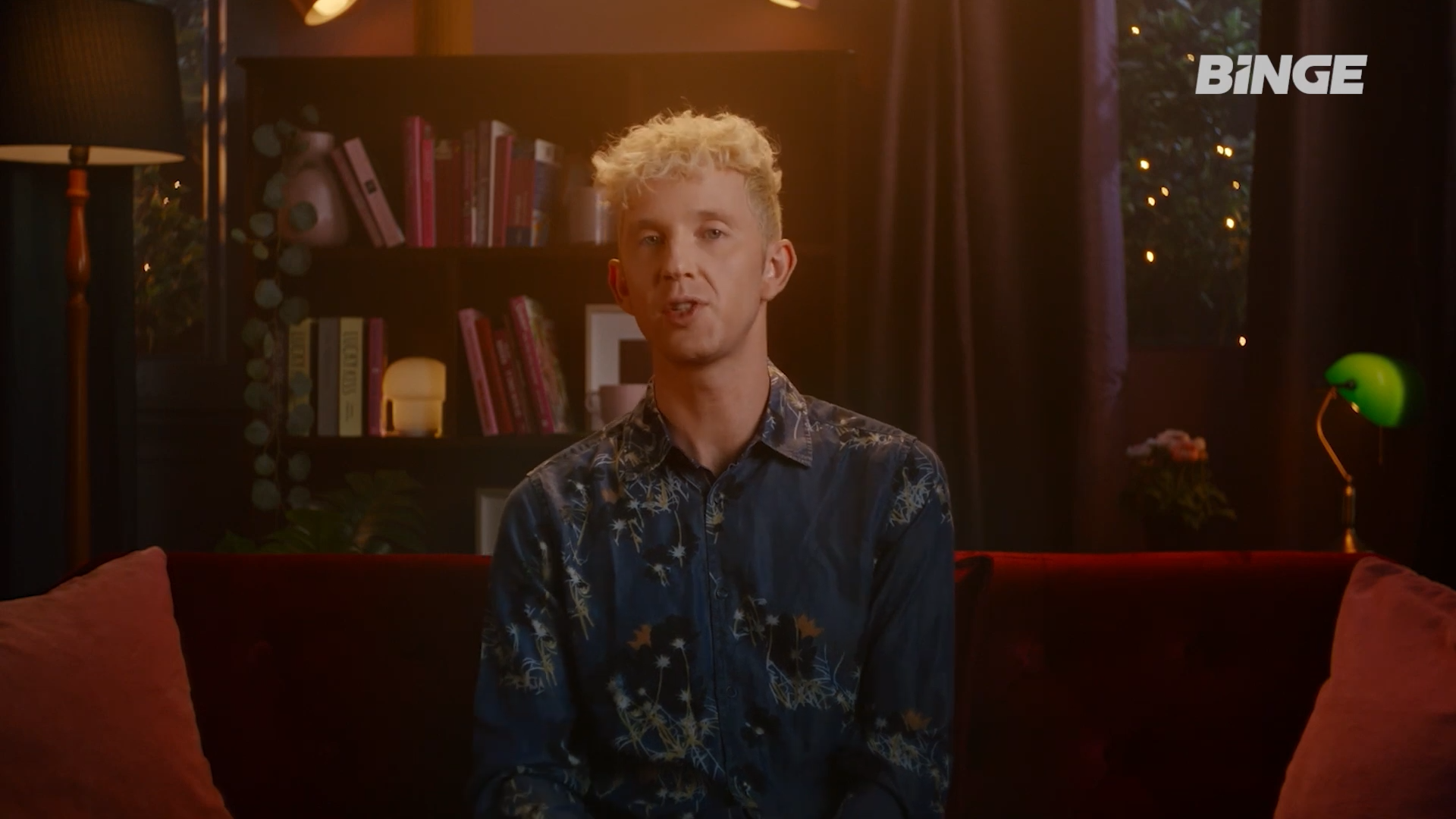
I don't want to just summarise the entire two-episodes exhaustively, like the average news story you'd see covering John Oliver 'skewering' some recent event. But the show really does have a similar vibe to Oliver's HBO show 'Last Week Tonight' and takes a forensic, researched, and still funny, look at the portrayal of police on Australian TV.
McTaggart starts with 1964 drama 'Homicide,' and goes all the way through to recent shows like 'RBT' and 'Border Security'. And as he explains, from the start these shows, even fictional dramas, have given Australian police, and more recently the Australian Government, the final say on what airs and what doesn't. He goes through the ways in which Australian dramas have misrepresented or totally ignored police corruption, and when TV has acted as pure PR for our police force. He covers the way some dramas would even take a 'ripped-from-the-headlines' story around police malpractice, one example being around police killing unarmed civilians, and alter it into a fictional story that deceptively sweeps any real debate under the rug.
While in recent years police corruption has become a mainstay in TV shows, going so far as to be so normal that it can fit right into a comedy like 'Brooklyn Nine-Nine', it wasn't always as easy to get this on the air. The show covers a 1983 ABC series, 'Scales Of Justice,' which dared to show potential corruption in the force, and was hugely controversial among police at the time. It also looks at 1991 ABC observational documentary 'Cop It Sweet,' which followed police from the Redfern Police Station police who openly displayed clear racism and prejudice in their handling of the general public, and the fallout of the show airing on the ABC.
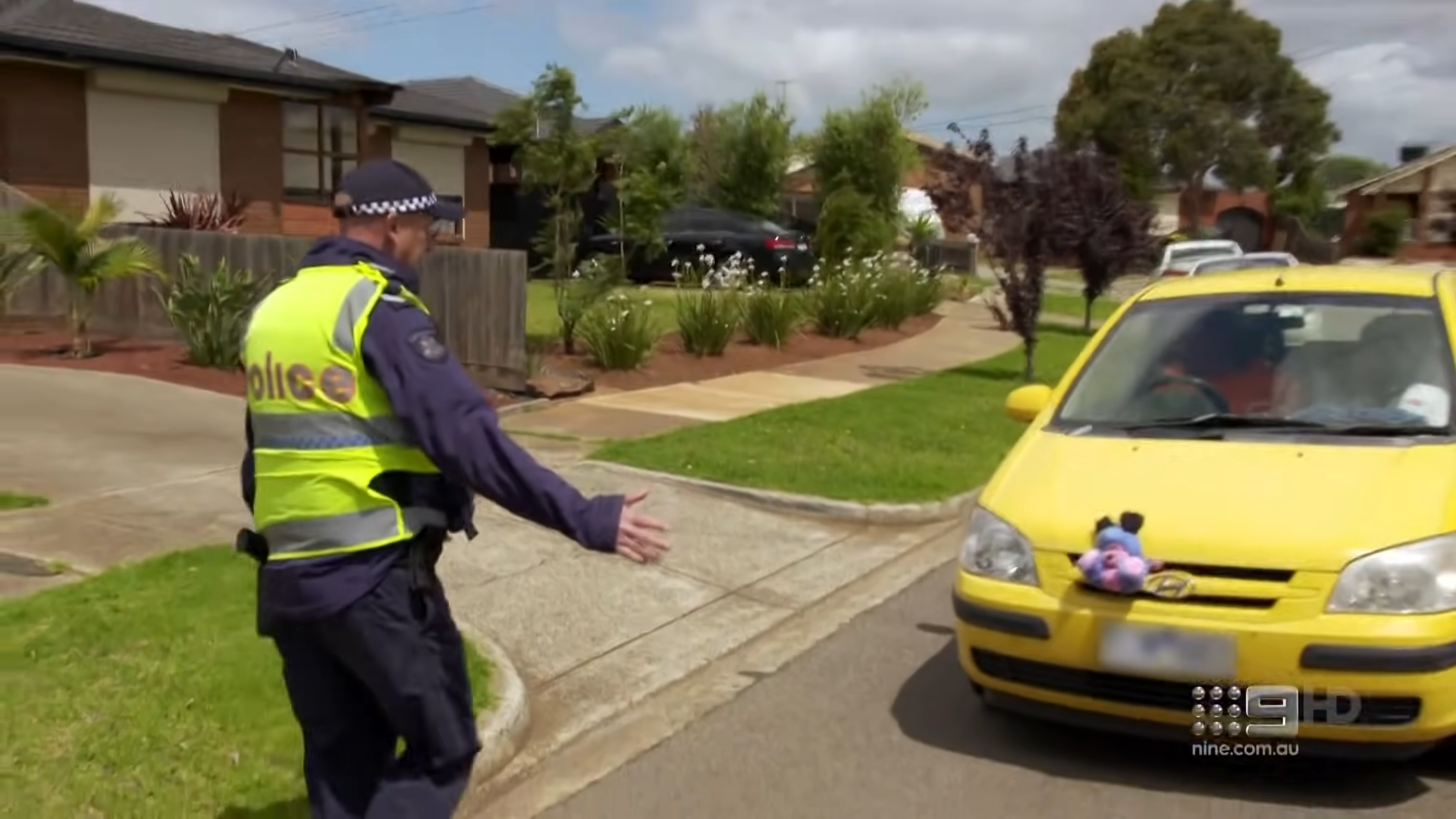
As McTaggart explains, this degree of final-edit and storyline control is given to police in exchange for access to resources and information that at one point was crucial to accurately portray the force. Covering more recent 'Cop Propaganda', McTaggart later shows the way police-approved 'RBT' and government-approved 'Border Force' both edit participants in ways that portrays guilt for people who have done nothing wrong, and how they 'convince' participants to appear in these shows, unblurred, in perpetuity.
I won't ruin anymore of it, except to say that I really recommend giving it a watch. It's biting in a way that I haven't seen in a long time, and again surprising to see when you consider how gun-shy Australian TV is, and how intent it is on being palatable to the biggest audience possible. This is the kind of TV that makes subscription streaming services worthwhile.


